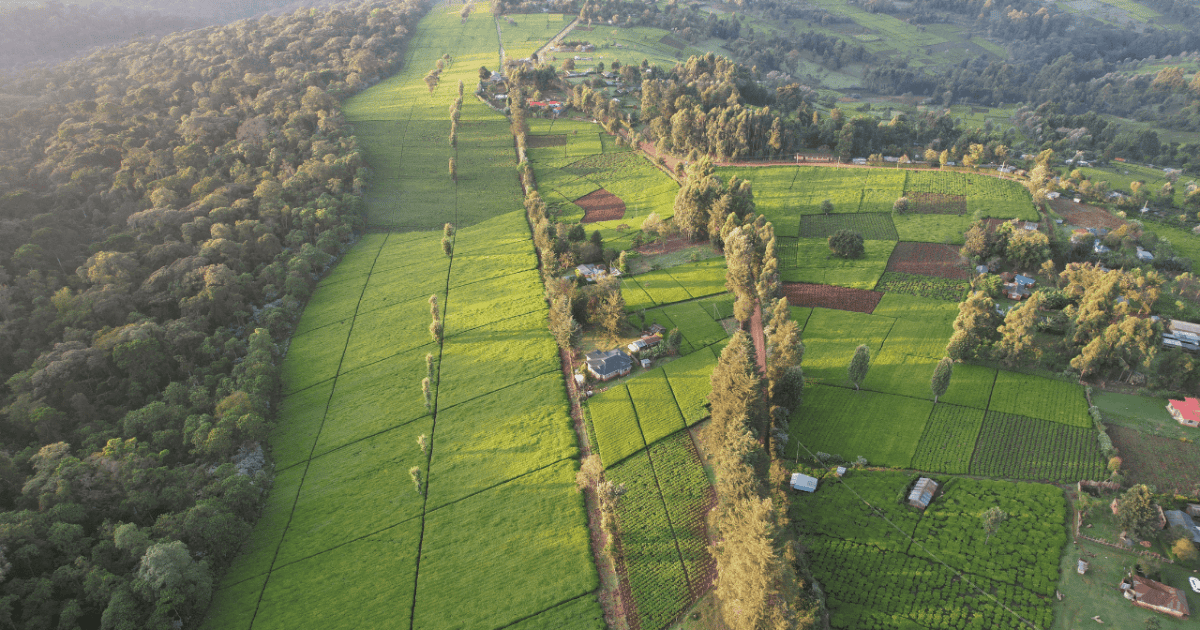- Conservation Rising
- Posts
- Rwanda scales a pay scheme for the stewards of nature
Rwanda scales a pay scheme for the stewards of nature

From the newsletter
The Rwandan government has launched a large-scale forest and land restoration project to support livelihoods and reduce pressure on natural ecosystems in its Southern Province. The initiative will directly benefit about 300,000 people through alternative income-generating activities such as fruit tree planting and non-timber forest product value chains.
Sustainable land management practices will be applied across 8,931 hectares of farmland to reduce erosion and improve yields. An additional 2,162 hectares of degraded forests and wetlands will be rehabilitated to restore ecological balance.
By expanding alternative income options, the project cuts economic reliance on forests, easing deforestation pressure and making income security a driver of conservation.
More details
The restoration project will be implemented in the Nyungwe–Ruhango Corridor, targeting the districts of Ruhango, Nyanza and Nyamagabe. These areas are experiencing severe environmental degradation, poor soil quality, and frequent floods and landslides. The project is led by the Rwanda Environment Management Authority, with technical support from the World Bank and is backed by a $9 million grant from the Global Environment Facility. This funding will support ecosystem restoration and enhance climate resilience across the region.
The programme is expected to create more than 2,200 jobs, distributed across land rehabilitation, tree planting, and small business support. It will also involve partnerships with the private sector to promote climate-smart agriculture and sustainable forestry. This initiative is part of Rwanda’s broader efforts to reduce disaster risks, restore natural ecosystems and strengthen rural economies.
In Tanzania’s Mkomazi landscape, the African Wildlife Foundation has promoted sunflower farming as an alternative source of income for communities affected by frequent crop losses due to wildlife. This thorny crop not only deters elephants from entering farms but also provides farmers with a new product to sell. In 2023, one village processed 600 kilograms of seeds for cooking oil and livestock feed.
The foundation also supported the installation of beehive fences, helping farmers protect 100 hectares of crops while harvesting honey for additional income. Together, these measures reduced human-wildlife conflict by 49.2 percent and led to a 53 percent decrease in crop destruction in the supported communities.
Jenga Mama is a vocational training project that supports 60 Maasai women in Kenya, providing them with skills in dressmaking, catering, and entrepreneurship. Run by the International Fund for Animal Welfare, the project enables women to establish wildlife-friendly businesses, reduce reliance on natural resources, and ease human-wildlife tensions. Additionally, it strengthens women’s roles as conservation advocates within their communities.
Our take
When conservation pays, communities become stewards of nature, choosing sustainable incomes over deforestation, because protecting ecosystems now protects their livelihoods.
Alternative livelihoods reduce pressure on natural ecosystems. Whether through non-timber product harvesting, green enterprises or ecotourism, communities are less likely to resort to logging or poaching when sustainable options exist.